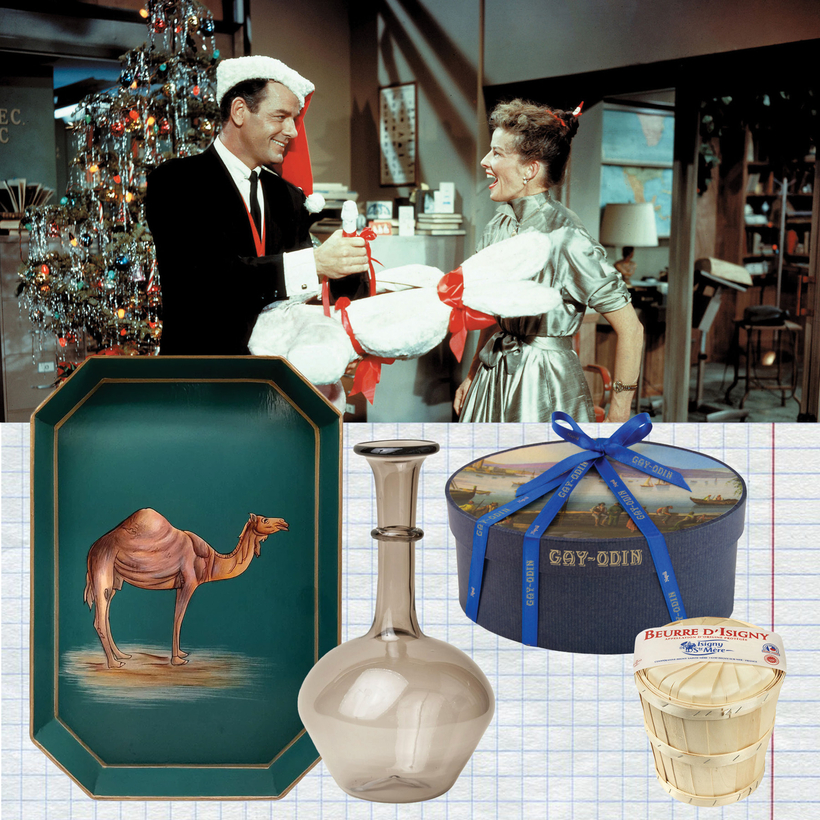You’ve never been to their apartment. You’re not sure they drink. You are, in short, very late, which means whatever you bring had better be dazzling. But buying the wrong thing, something predictable or obviously rushed, feels worse.
So you pause. You scan the shelves of whatever you can reach in a 20-minute panic. The options are all wrong: the “small batch” chocolate that somehow shows up everywhere, mass-market champagne, candles shaped like pine cones. You could pick one and technically get away with it. But you won’t.


